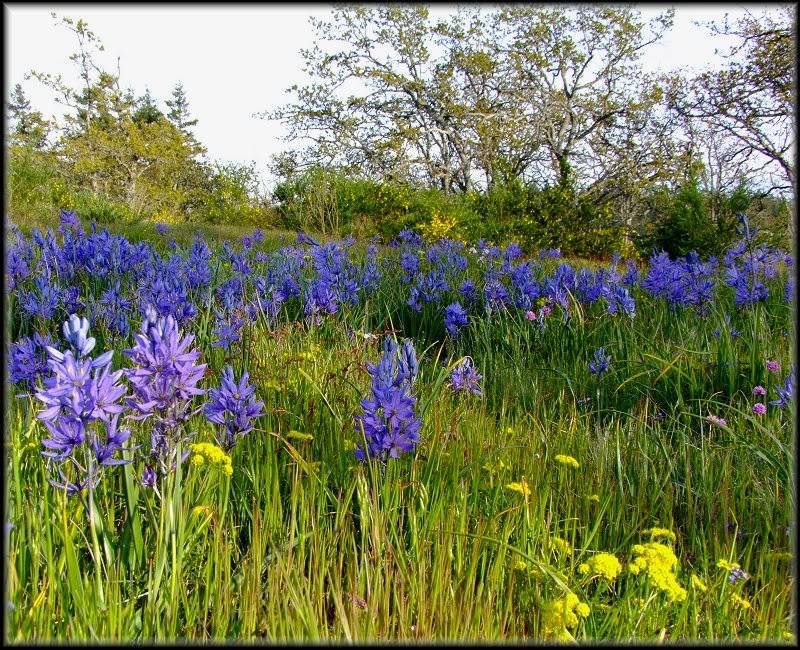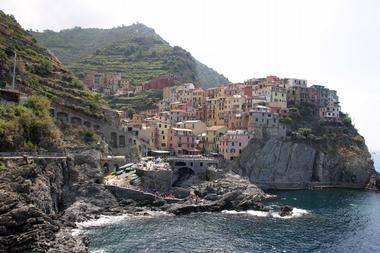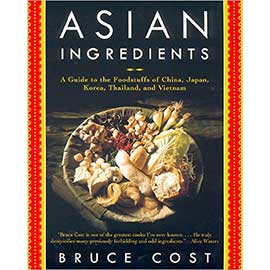Ethnoecology

our hands, our relationship with food
I blame it on Ethnoecology. I can’t blog, write, work or cook, because of Environmental Studies 321: An Introduction to Ethnoecology.
Yes. Despite being insanely busy already with children and a business and a life, I have to add to the drama by going to university. (Occasionally.) This term, I have been taking ES 321 with Dr. Nancy Turner. We are studying all about human interaction with and perception of their natural environment, particularly with respect to food and medicines.
I have to say, this Ethnoecology stuff is blowing my mind. Absolutely incredible! I have had to adjust my way of thinking on multiple fronts. I love this kind of mind-opening, perception-altering learning experience.
Things I Have Learned in Class this Year:
#1 Humans are inextricably linked with the natural world. We all know this, or think we know this. But then why does the study of the natural world involve travelling to the most remote areas on Earth? It’s like we are leaving a main animal out of the study at all times. Humans are part of their ecosystems, not separate. Ecosystems are not necessarily improved after the removal of human interference, they are just different. This way of thinking gives a profound change – we are no longer suffering from the guilt of having damaged the pristine wilderness, we are motivated to clean up our house!

Purple camas in a Garry oak Meadow
#2 There is no such thing as “untouched” wilderness. Humans have been interacting with and altering our natural environment for millennia. Many “natural” ecosystems are/were actually maintained by humans. To wit: camas fields on the coast, Yosemite park savannah before it became protected, oak savannahs worldwide, etc. Hunter-gatherers do this as much as modern farmers do. The First Nations on the coast used to burn brush away to maintain the camas fields, carry salmon molt with them to stock new rivers, maintain tuber gardens in river estuaries, clear water of blockages and sediment to allow for salmon spawning, transplant berry bushes to sunnier areas and fertilize them with buried fish carcasses. And yet, because this way of managing food resources did not look like a European farm, this managed wilderness was considered “pristine”, “untouched”, and open for colonizing by the earliest settlers here.

Cinque Terre, an example of a sustainable agroecosystem
#3 Many agricultural areas are functioning ecosystems, with multiple habitats, diversity of species, and sustainability built right in. They just involve more human labour and more human food than a “wilder” ecosystem. The future of our planet and our species depends on the viability of sustainable agro-ecosystems. (A bit of school-speak for you there, in case you are worried I wasn’t getting academic enough).
#4 Traditional Ecological Knowledge (that is, the knowledge developed by hunter-gatherers, subsistence farmers and traditional peoples of any kind) is just as complex and viable and valuable as scientific knowledge. The depth and breadth of TEK is finally recognized by most modern researchers. So much so that elders and shamans are frequently given credit as scientists and researchers on academic papers, just for sharing their extensive, place-based knowledge.
#5 Talking about Ethnoecology involves the use of many quotation marks.
All this exciting stuff! Maybe now that I am finally done my course work, my life will achieve a small semblance of sanity. At any rate, I hope to have more time to cook, teach, and blog about food.



Greetings!!!
Loving your writing and sharing!!! I am behind an initiative to create, “FriendFood”, the worlds largest and most comprehensive social media platform for all things FOOD.
It is a networking, matchmaking, information consolidating, unbiased site based to support bridges of communication across cultural and ideological practices concerning FOOD.
Hope you are your work will join the journey:)
PEACE!
Ingrid
Sounds very interesting, Ingrid! Please send me more info to askheidi(at)chefheidifink(dot)com